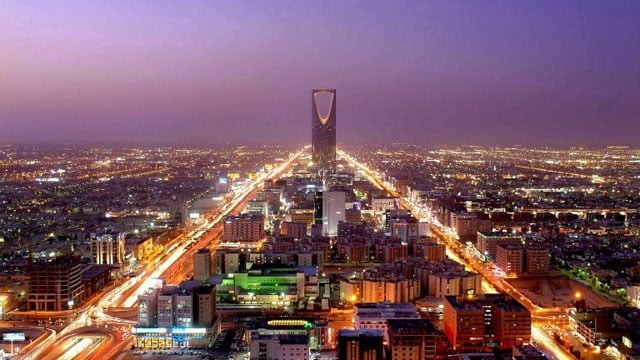Saudi Arabia considers 'permanent residency' system for expats
Programme would help KSA generate new revenues for the national economy, says Deputy Crown Prince Mohammad Bin Salman

Residency programme would help KSA generate new revenues for the national economy, says Deputy Crown Prince Mohammad Bin Salman. PHOTO: AFP
Deputy Crown Prince Mohammad Bin Salman Al Saud said in an interview with Bloomberg, that a system similar to the US Green Card would help the kingdom generate new revenues for the national economy.
While the prince gave no further details, the system would considerably improve the KSA's non-oil revenues and “raise at least an extra $100 billion a year by 2020, more than tripling non-oil income and balancing the budget.”
Over a quarter of a million Pakistani workers deported since 2013
“It’s a large package of programmes, which aims to restructure some revenue-generating sectors,” Prince Mohammad said.
A permanent residency system would be alongside more steps to restructure subsidies, imposition of value-added tax, and a levy on energy and sugary drinks as well as luxury items, according to the deputy crown prince.
Prince Mohammad expressed optimism the new measures would reinforce the government’s drive to reduce reliance on oil and boost non-oil revenues.
10 best countries for a career abroad
“We did a quick fix in 2015 which increased our non-oil revenue by 35 per cent,” he said. “This year, we are trying to target over $25 billion. I believe we will succeed in achieving more than $10 billion in non-oil revenue in 2016.”
With a sharp plummet of oil prices, countries in the Gulf Cooperation Council have been considering viable alternatives to oil sources and reduce threats to fiscal stability and sustainability.
Bahrain, the first GCC country to discover oil in 1932, has been leading the way in the diversification of non-oil resources.
This article originally appeared on Khaleej Times



















COMMENTS
Comments are moderated and generally will be posted if they are on-topic and not abusive.
For more information, please see our Comments FAQ